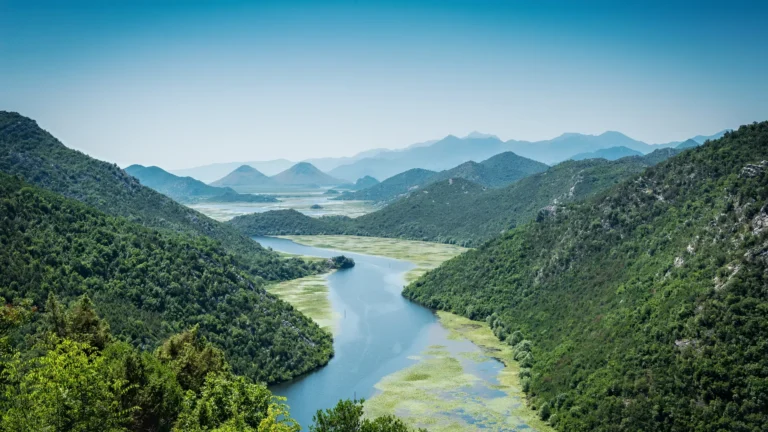The article discusses the increasing environmental challenges related to river and watershed rehabilitation, primarily due to human activities that have degraded water quality globally. Over the past century, advancements in technical and engineering capabilities have led to significant modifications in rivers to fulfill human demands, resulting in extensive regulation and damage to these ecosystems. Many rivers and watersheds are now polluted, impacting coastal habitats and fisheries.
A notable socioenvironmental disaster in Brazil in 2015, linked to the rupture of an iron mining tailings dam, highlights the urgent need for effective prevention measures against such incidents, which are not isolated to Brazil but have occurred worldwide. The special issue focuses on river and watershed restoration, inviting studies that cover various aspects related to rehabilitation, including water quality monitoring, social perceptions of environmental disasters, and innovative methodologies for ecosystem repair.
Six high-quality research papers were published, examining ongoing restoration programs and proposing new strategies. Key findings include significant improvements in socio-environmental conditions in Brazilian urban streams, the necessity of securing flows in river systems, and the importance of natural hydrological processes in effective river conservation. The article emphasizes that ongoing research and collaboration are vital for successful watershed management and ecological integrity, particularly in light of growing human water demands and climate challenges.


